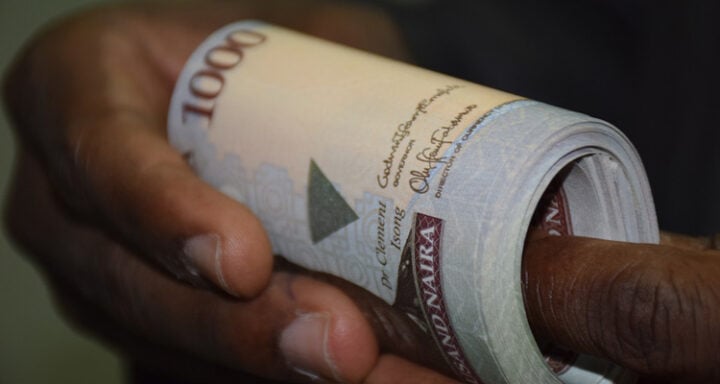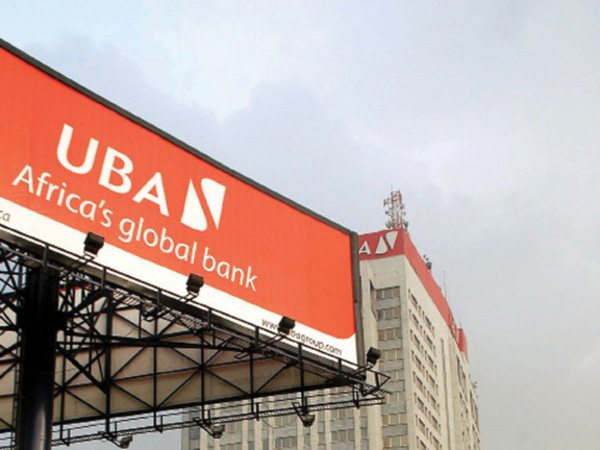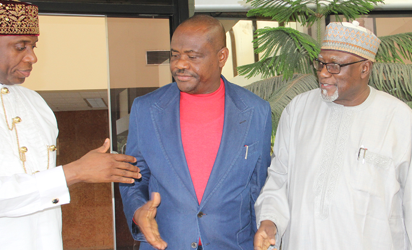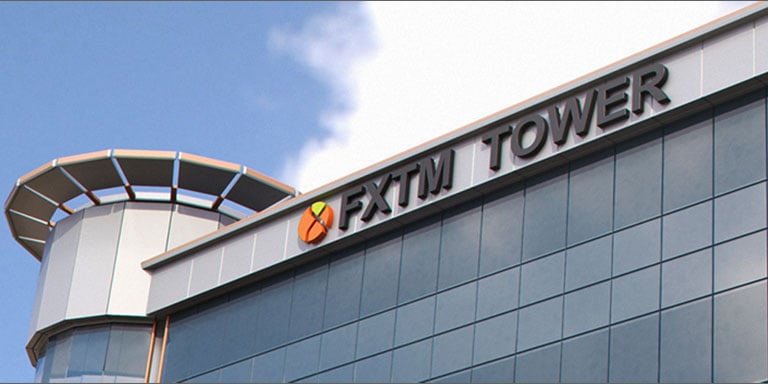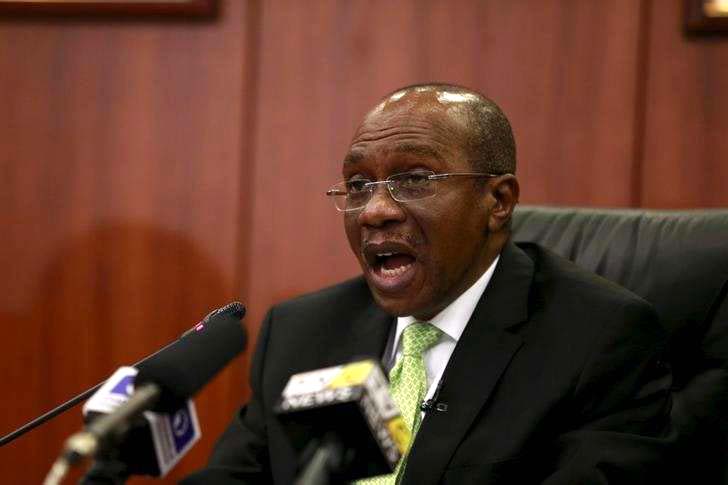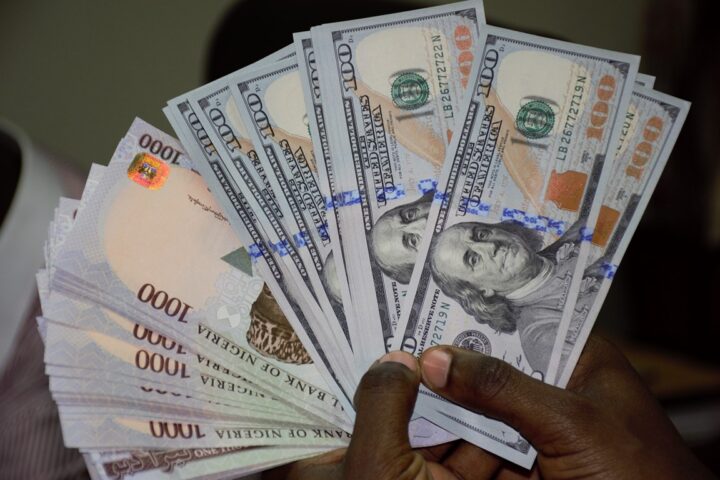The monetary policy committee (MPC) of the Central Bank of Nigeria (CBN) concluded its policy decision meeting on Tuesday, opting to raise key interest rates and keep other indices steady.
Much more than the key decisions reached by the committee, here are seven other lessons we learnt from the CBN:
BUDGET IMPLEMENTATION HAS BEEN SLOW
In his press briefing immediately after the meeting, Godwin Emefiele, governor of CBN, said “the implementation of the 2016 budget in the second quarter remained slower than expected in the second quarter”.
He added that the committee noted that most of the conditions undermining domestic output growth were outside the direct purview of monetary policy.
Advertisement
CBN BELIEVES DOWNSTREAM PETROLEUM SECTOR HAS BEEN DEREGULATED
Reflecting the view of the MPC and the CBN, Emefiele said the committee “hopes that the deregulation in the downstream petroleum sector and the liberalization of the foreign exchange market would help bring about the much needed relief to the economy”.
The question is: is the downstream petroleum sector deregulated or merely liberalised?
DIVERSIFICATION AS URGENT AS YESTERDAY
“The MPC expressed strong support for the urgent diversification of the economy away from oil to manufacturing, agriculture and services and called on all stakeholders to increase investment in growth stimulating and high employment elasticity sectors of the economy in order to lift the economy out of its current phase”.
Advertisement
BANKS NOW LENDING TO PRIVATE SECTOR
Earlier in the year, there were complaints that banks were not willing to take risk in giving credit to the private sector, following huge exposure in 2015; that is changing.
“Credit to the private sector grew by 14.45 per cent in June 2016, which annualizes to a growth of 28.90 per cent, outperforming the benchmark growth of 13.38 per cent for the year.
“The MPC expressed cautious satisfaction over the improved performance of credit to the private sector and urged the Bank to ensure that the tempo is sustained inorder to stimulate recovery of output growth.”
NSE DECLINED BY OVER 6% IN SEVEN MONTHS
“The MPC also noted the decline in the indices of the equities segment of the capital market. The All-Share Index (ASI) declined by 6.55 per cent from 29,597.79 on June 30, 2016, to 27,659.44 on July 22, 2016.
Advertisement
“Similarly, Market Capitalization (MC) declined by 6.26 per cent from N10.17 trillion to N9.50 trillion during the same period. Relative to end-December 2015, the indices fell by 3.43 per cent and 3.55 per cent, respectively.
“Globally, however, the equities markets remained generally bearish, in the aftermath of the Brexit vote.”
NAIRA’S DAILY AVERAGE IS 244.95 TO A DOLLAR
The committee lauded CBN for the implementation of a new forex regime and said the fall in the naira was due to “normal market reaction to a new regulatory reform”, adding that the daily average is still within its “reasonably optimistic” 250/$1 band.
“The exchange rate at the interbank market opened at N197.00/US$ and closed at N292.90/US$, with a daily average of N244.95/US$ between May 25 and July 19, 2016.
Advertisement
“The initial weakness was attributable to the normal market reaction to a new regulatory reform. The MPC reaffirmed its commitment to its statutory mandate of achieving a stable naira exchange rate.”
NEGATIVE GDP GROWTH STILL ON THE CARDS
Advertisement
Like the International Monetary Fund (IMF), the CBN believes that the Nigerian economy could shrink in 2016, and factored this “reality” into its decision-making process.
“The MPC was further concerned that while the situation called for obvious tightening of the monetary policy stance, the technical recession confronting the economy and the prospects of negative growth to year-end needed to be factored into the policy parameters.”
Advertisement
Add a comment

